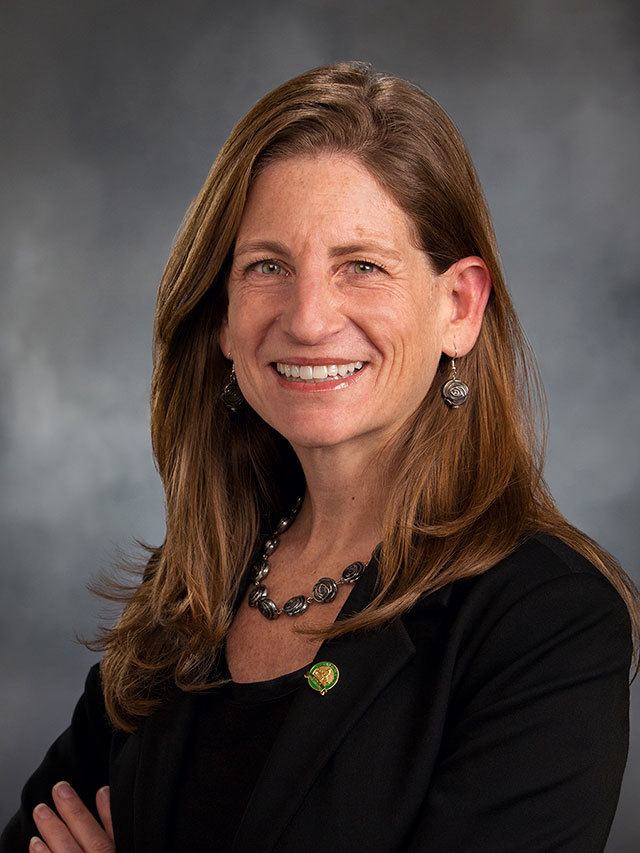Rep. Tana Senn (D-Mercer Island) is looking out for kids who need a little extra help with the bill she introduced Friday (HB1518) to increase the availability of social emotional learning all year round. Increasing the availability of social emotional learning is the top PTA priority.
The bill was introduced Friday to coincide with Gov. Jay Inslee’s visit to Grand Ridge Elementary in Issaquah to observe the social and emotional learning program that is helping students learn how to manage their emotions, make responsible decisions and develop empathy and healthy relationships. The governor’s proposed budget includes funding to help students overcome social and emotional barriers to learning.
“Helping all kids acquire important social and emotional skills can help them better cope with stressors, from test-taking anxiety to the instability of homelessness,” Senn said in a media release. “In addition, social emotional learning increases academic outcomes by double digit numbers.”
Many students rely on school as a stable force in their lives. For these kids, the summer break can lead to a loss of learning in both academic and social skills. Senn’s House Bill 1518, known as the Summer Step-Up Act, takes a multi-faceted approach to increasing social emotional learning, so that students can build these skills year round. Some of the main components of the bill are:
• Increasing access to early learning and meals in the summer for kids in low-income and under-served by early learning areas.
• Extending the Social Emotional Learning Workgroup to complete their work in developing SEL benchmarks for K-12.
• Establishing the “Summer Step-Up Grant Program” to increase the number of summer learning programs that teach academics combined with social emotional learning.
“To be successful, the next generation will need strong social emotional skills to be entrepreneurs, problem solvers and healthy, happy citizens,” Senn said. “These skills aren’t just important for the individual, they are a necessary part of a strong workforce that is ready to meet the challenges of a changing economy.”


